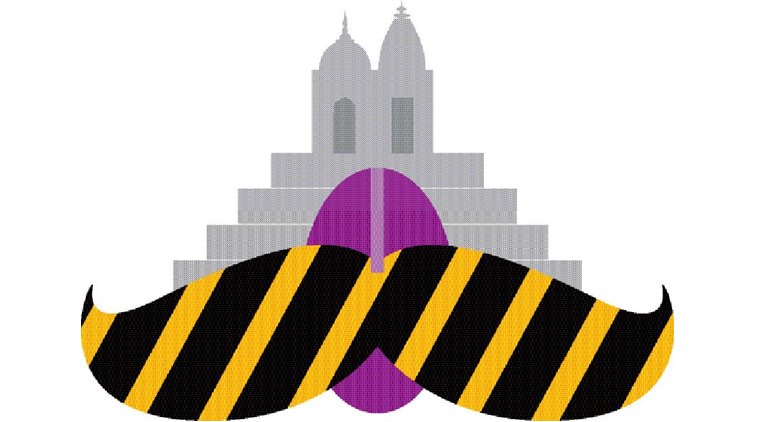Lawyers’ Collective

Image courtesy the Indian Express
In 1990, a Public Interest Litigation (PIL) was filed by a devotee of Lord Ayyapa in the Kerala High Court asking that women be prevented from entering the Sabarimala Temple. The PIL was filed on the grounds that Lord Ayyapa, whose idol is housed in the temple, is a celibate god; and that women between the ages of 10-50 should be restricted from entering the temple to “prevent any deviation of the idol from celibacy”. In response in 1991, the Kerala High Court issued directions to the Travancore Devaswom Board (the managing board of the Sabarimala Temple), to ensure that women between the ages of 10-50 years be prohibited from entering the temple at all times of the year.
In 2006, a PIL was filed by the Indian Young Lawyers Association in the Supreme Court of India, challenging the rules issued by the State of Kerala, and the notifications issued by Travancore Devaswom Board. This PIL was filed on the grounds that such rules and notifications violate the right to religion of women (Article 25), and the right to equality (Articles 14 and 15). A special bench of three judges, Justice Dipak Misra, Justice Gopala Gowda and Justice Kurian Joseph, was constituted in 2016 to hear the matter, given its constitutional importance.
The Lawyers Collective was approached by the intervenors in this PIL, Ms. Nikita Azad and Sukhjit Azad, founders of the campaign against menstrual discrimination, “Happy to Bleed”; senior advocate Indira Jaising, assisted by advocates Meher Dev and Radhika Saxena; and advocate Mohan Katarki, representing the intervenors in this PIL on a pro bono basis.

Image courtesy the Business Standard
At the outset, Indira Jaising indicated to the court that she was representing the voices of feminists within constitutional parameters. She made submissions challenging the constitutional validity of Rule 3(b) of the Kerala Hindu Places of Public Worship (Authorisation of Entry) Rules, 1965, and the notifications issued by the Travancore Devaswom Board, inter alia, on the grounds that they violate:
i. the right to religion of women devotees of Lord Ayyapa (Article 25);
ii. the right of women to equality and non discrimination based on sex as they restrict women’s entry based on a biological phenomenon of menstruation (Articles 14 and 15); and
iii. the rights of women against religious-social disabilities as secured under Article 17, the Protection of Civil Rights Act, 1955 and the SC/ST (Prevention of Atrocities) Act, 1989, and
iv. Section 3 and 4 of the Kerala Hindu Places of Public Worship (Authorisation of Entry) Act, 1965 that prohibit discrimination amongst classes or sections of Hindus in relation to temple entry.
The submissions made to the Supreme Court of India in I.A. No. 10/2016 in W.P.(C) 373/2006 are available here (pdf). See also the Lawyers’ Collective page dedicated to the Sabarimala case.




